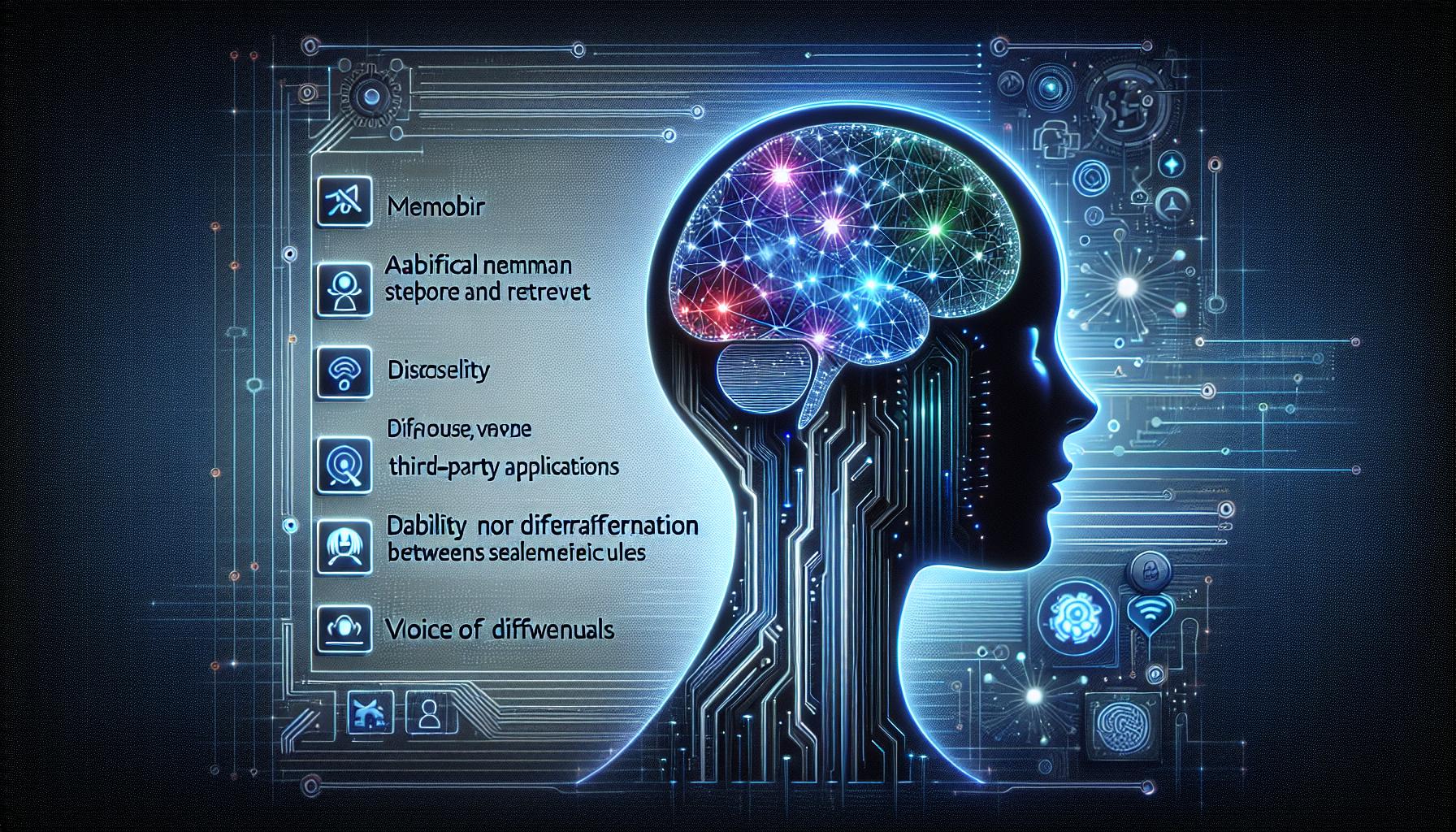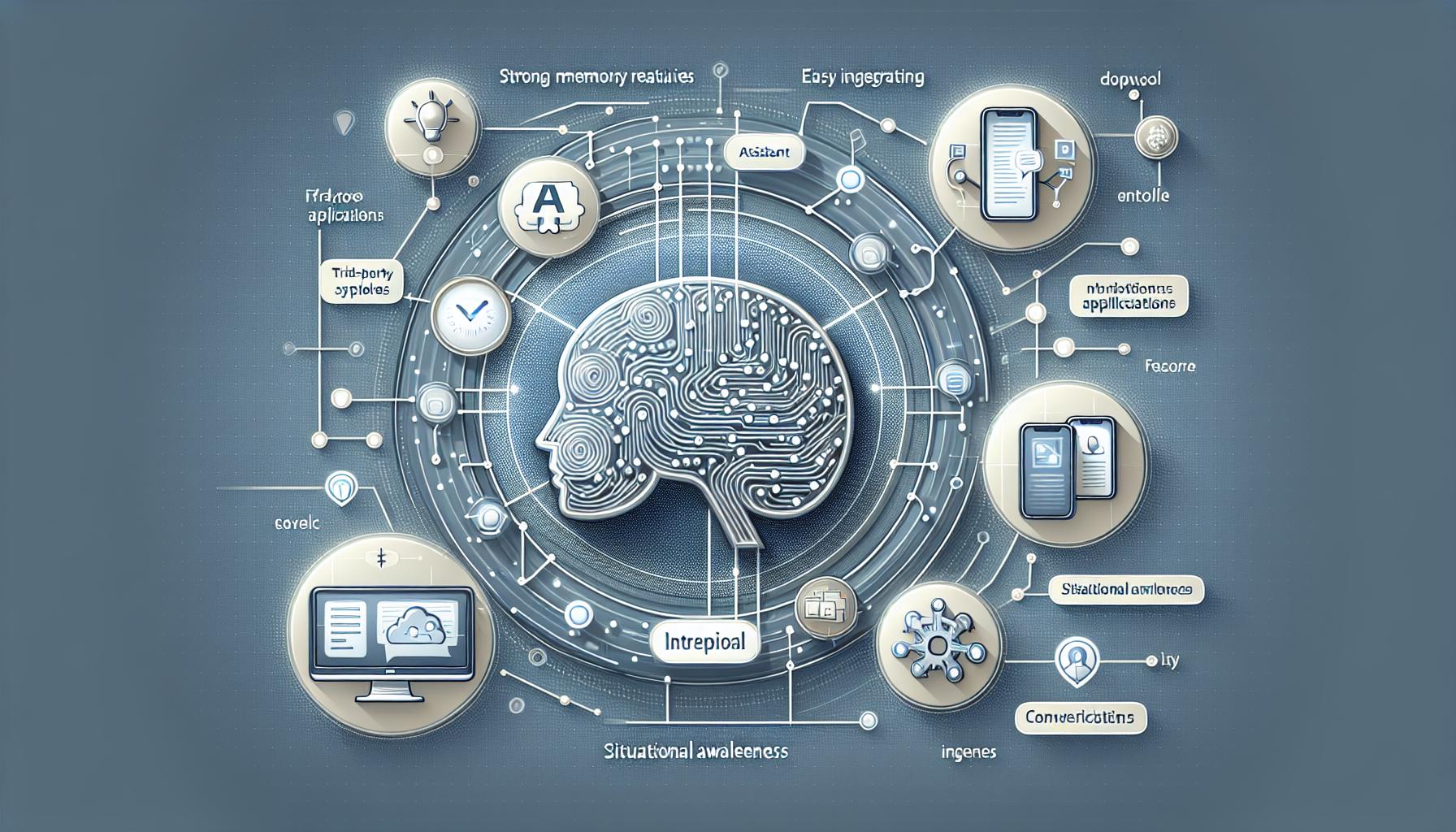AI Assistants and Business Enterprises: The Critical Role of Memory, Integration and Contextual Understanding

Introduction
In the digitally dominated business world, Artificial Intelligence (AI) has gradually reshaped numerous aspects of enterprise operations. As businesses consistently explore ways to leverage technology for efficient service delivery, Artificial Intelligence Assistants (AIAs) with exceptional features like memory functions, integration capabilities, and contextual understanding, have emerged as game-changing tools. Insightfully harnessing these resources can revolutionize the way enterprises operate, providing them an edge in the competitive corporate landscape.
Memory Functions
At the core of any A.I. assistant's productivity is the powerful ability to remember. Unlike human beings, AIAs' memories are not subjected to constraints—they memorize, store, and retrieve vast amounts of data instantly. Data recall is an essential part of business decision-making processes; an A.I. assistant with advanced memory functions efficiently churns out relevant data, aiding critical judgments. Various companies have effectively used AIAs for tracking customer preferences, predicting future trends, and structuring personalized marketing campaigns, thus revolutionizing the customer service experience.
Integration Capabilities
In addition to memory, the power of A.I. assistants lies in their ability to be integrated within existing systems. Their compatibility with various platforms makes them versatile and efficient. Enterprises often operate with multiple software applications, which sometimes hinders workflow due to lack of unification. However, AIAs have been shown to seamlessly connect these disparities, enhancing overall productivity. Companies like Amazon and Google are leveraging this benefit, integrating AIAs into their comprehensive digital infrastructure, consequently improving operational effectiveness.
Contextual Understanding
Contextual understanding is an indispensable feature of high-frequency A.I. assistants. It empowers these AIAs to understand the context, comprehend user behavior, and provide smart, personalized responses. Such capabilities expedite query resolutions and ensure customer satisfaction. Businesses are capitalizing on this unique attribute to optimize interactions and provide value-oriented solutions. For instance, Starbucks leverages the power of contextual understanding with its barista AI, which understands customer preferences and generates personalized product recommendations accordingly.
Conclusion
Undoubtedly, the advent of A.I. assistants with advanced features of memory, integration, and contextual understanding is transforming enterprises' operations. As technology continues to evolve, such AIAs are poised to become indispensable assets within the digitally-driven corporate world. Appropriately leveraging these A.I. tools can indeed lead businesses towards sustainable growth and competitive advantage.




